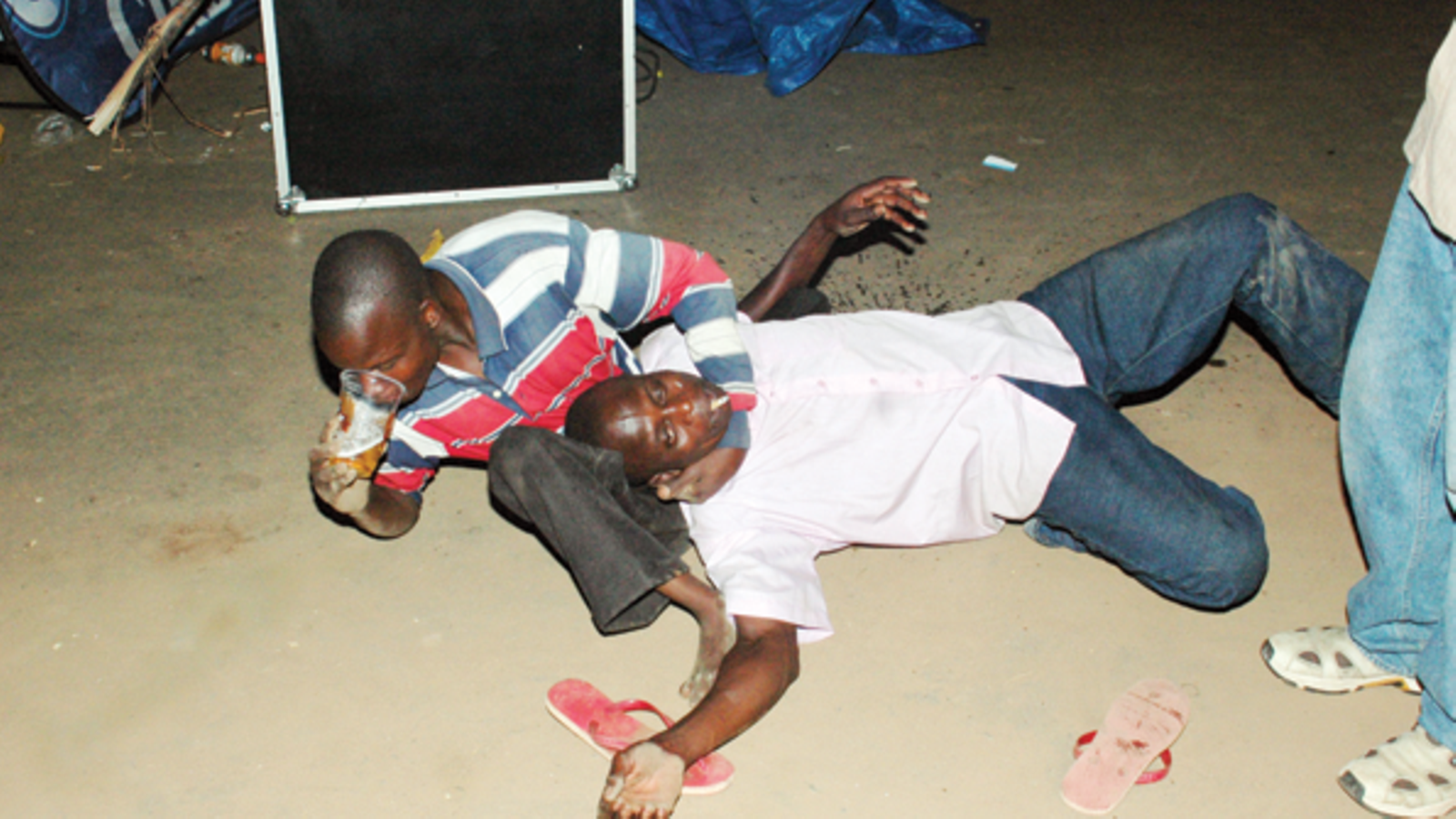Addressing illicit alcohol in Uganda

Julius Byaruhanga
What you need to know:
- “The problem of alcohol in Uganda is not its availability but abuse, like is the case with many other non-alcoholic products.”
On November 8, 2022, the Parliament of Uganda presided over by Speaker Anita Among permitted Tororo District Woman Representative Sarah Opendi to introduce the Alcoholic Control Bill 2022. The Bill is intended to address the regulation of the manufacture and importation, sale, and consumption of alcoholic drinks.
To be clear, I am not averse to this Bill. Whereas legislation is needed, legislators have to be careful and ensure that it does not hurt the economy if the real problem isn’t properly identified. Let’s address it here. The foremost problem of the Alcohol Industry in Uganda is Illicit alcohol. Yet, the Bill proposes the exclusion of native/illicit liquor. Yet, native liquor forms majority of the illicit alcohol in Uganda (65 percent). This presents risk of increased illicit trade and an unlevelled playing field for the legitimate/formal sector that contributes over 30 percent to the total government revenue.
Illicit alcohol is alcohol that does not fulfil official requirements including payment of relevant taxes, necessary health standards and permits, and compliance with the local laws and norms. In Uganda, the illicit alcohol consists of three categories; illicit homebrew, illicit/illegal imports and sale of counterfeit and surrogate alcoholic beverages. Illicit alcohol homebrew, which is popularly known as waragi,malwa and tonto and surrogate alcohol includes pharmaceutical alcohol such as ethanol. Illicit alcohol is a danger to society and the economy in many ways.
For instance, when you pick up a bottle of Bell Lager, the alcoholic beverage percentage in the liquid is clearly indicated. This is not the case with the “Kasese waragi” or Omuramba or malwa. The latter’s alcoholic content is not measured and/or regulated which might pose great health risks.
While illicit alcohol may be a source of employment in poorer communities, it has far-reaching negative impacts on consumers. Despite government efforts toward curbing illicit trade such as the Digital Tax Stamp (which has led to a decline in tax leakage) and the ban on sachets, there is still room to do more, without imposing undue regulations on the formal alcohol industry.
Updating the alcohol laws is also essential. That should come with stringent penalties and punishments that can deter illicit alcohol trade. A favourable tax regime on regulated alcohol would encourage more illicit manufacturers to join the regulated alcohol industry through reduced prices of regulated alcohol.
This would make alcohol more affordable for consumers and create a competitive level playing field as well as a wide tax base. With more consumption of regulated alcohol, which complies with regulatory standards on health and safety, many of the negative health impacts can be mitigated.
I have also noted the proposal on location of bars. It is stated that for purposes of determining suitability of premises for licensing, bars should not be within 200 metres away from the places of worship, schools, health units or residential areas. From a realistic standpoint, the state of Uganda’s physical planning, this is impractical and would mean closing at least 80 percent of the existing bars in Uganda.
The problem of alcohol in Uganda is not its availability but abuse, like is the case with many other non-alcoholic products. Abuse and deviation cannot be stopped by laws but self-regulation, awareness, and positive social influence, especially from families. You can restrict drinking in the bars but you can’t stop people from buying and drinking without control in the privacy of their homes.
So, alcohol abuse should be addressed through a multi-pronged approach and multistakeholder awareness, just as it has been done with other socially undesirable habits like unhealthy eating, and speeding. I appeal to government to instead change the Alcohol Control Bill to bringing unlicensed alcohol (illicit alcohol) under regulation by ensuring registration, certification, licensing and tax compliance.
The author, Dr Julius Byaruhanga is the Director, Policy and Business Development, Private Sector Foundation Uganda –
[email protected]




